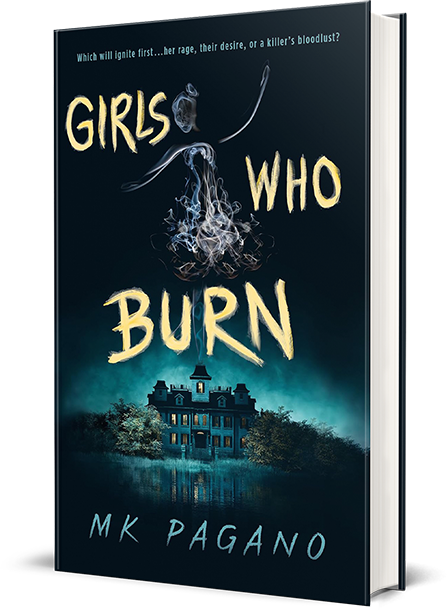On Reality in Fiction

A funny thing happened in a writing class not too long ago, and I wanted to share…
In this particular class, we would all read excerpts of each other’s writing and then go around class talking about the excerpt. In this one class, there was a woman whose story had this really odd scene in which a woman goes on a date only to have her date behave in such an utterly bizarre way, it somewhat baffled us all.
“This isn’t realistic,” was the general consensus of the class. “No one acts like this.”
The woman wasn’t allowed to reply to criticism until the end of the class, at which point, nearly full to bursting, she blurted out, “You’re all wrong. This actually happened to me on a date. This exact thing. So it is realistic!”
Well, no.
You may have heard this said before, but it bears repeating: reality is no defense for fiction.
Look, this horrible date may have happened to her verbatim–I’ve no reason to believe it didn’t–but that doesn’t mean it worked in the story.
I love realistic fiction: stories that are chock-full of characters who seem so real they just jump off the page, poignant dialogue that seems lifted straight from life, settings drawn so vividly I can see them in my mind. Some authors achieve this by basing their stories on the world around them; some make it up entirely. But straight-up copying an incident out of life does not guarantee a realistic story; sometimes, as in the example above, it does the opposite.
An example from my own writing: in my very first manuscript, I had a character move from the US to France. In the first draft, I had several scenes of her dealing with French bureaucracy. A beta reader pointed out how boring those scenes were, and I said, yeah, of course they’re boring, it’s French bureaucracy, but it’s not realistic to expect to move to France and not have to deal with endless amounts of paperwork. They love their paperwork.
“Who cares? Why do I have to read about it?” he said.
Good point.
Another example: I recently delved into a historical novel in which the main character is put on trial for being a witch. Then I saw this scene being criticized because the witch trial in question wouldn’t have happened in that year in that country; witch trials were banned about a decade before the events in the book were taking place.
But you know what? It was an awesome scene that really upped the stakes. So the author kept it in.
If something isn’t working in your story, it’s not working in your story, no matter how “real” it is. It doesn’t matter that it happened that way in real life; you’re writing fiction. Fiction is just that: made-up stuff we write that we want to appear realistic.
So in conclusion: when trying to make your story realistic, don’t get too attached to reality.
Photo by Meri Vasilevski on Unsplash


This was one of the first things I was told about writing fiction, that fiction needs to be more logical than reality. I thought it was so strange, but when I actually started analyzing writings, I found that it was absolutely true. As a reader I did expect the novel I was reading to make sense and follow a reasonable chain of events. Reality really is stranger than fiction!
[…] Too many characters There were approximately fifteen named other characters in the story besides the core protagonists. Too many friends. I know in real life teenagers tend to have a lot of friends but in fiction you need to condense it if you want your readers to remember who everyone is, and care about them. Reality is no defense for fiction. […]